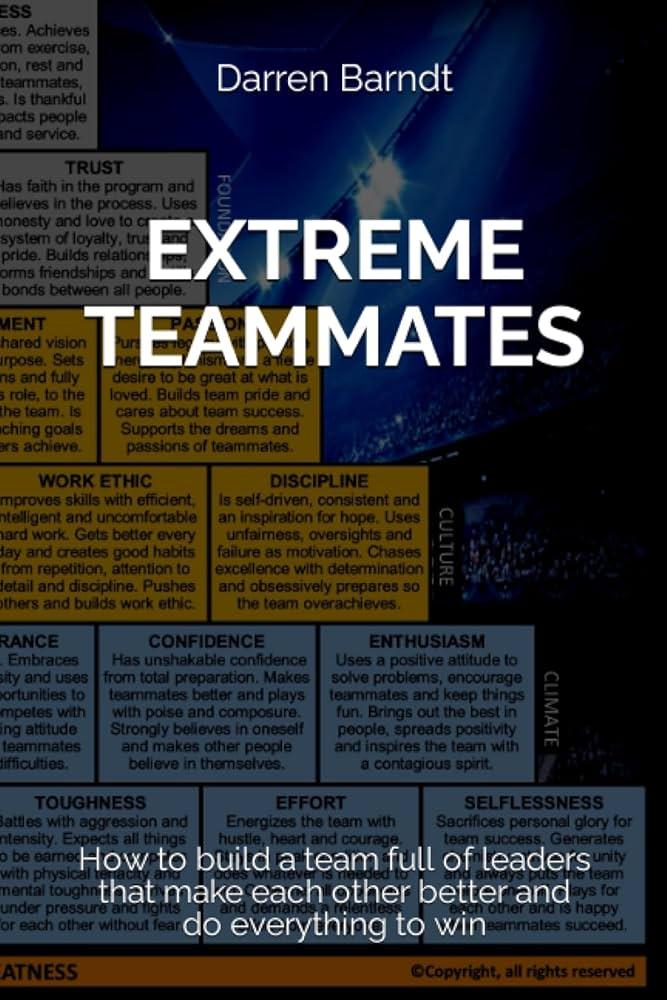In the ever-evolving landscape of cinema, actors often push the boundaries of their craft, undertaking extreme physical and psychological transformations to authentically portray their characters. From dramatic weight fluctuations to intensive method acting, these transformations can captivate audiences and earn critical acclaim. However, they also raise pressing ethical questions: At what cost do these metamorphoses come, and who truly benefits? This article delves into the complex ethical terrain surrounding these transformations, examining the implications for the actors’ health, the industry’s demands, and the broader societal impact. As we navigate this multifaceted issue, we aim to illuminate the fine line between artistic dedication and potential exploitation.
Ethical Considerations in Physical Transformations for Acting
The decision for actors to undergo extreme physical transformations for roles raises several ethical questions. On one hand, commitment to authenticity is highly valued in the acting profession, and transformative changes can contribute to a more genuine portrayal of a character. However, the potential health risks and the pressure to conform to such practices must be critically examined.
- Health Risks: Significant weight gain or loss, excessive muscle building, and other drastic changes can have long-term health consequences. Actors may feel compelled to prioritize their craft over their well-being, leading to potential physical and psychological harm.
- Industry Pressure: The expectation to undergo transformations can create an unhealthy standard within the industry. This pressure not only affects actors but also perpetuates unrealistic body images to the audience.
- Representation: There is an ethical debate around whether such transformations are necessary when diverse talent exists. Casting choices could be made to reflect natural diversity, rather than relying on extreme methods.
In balancing these considerations, it is crucial for both the industry and actors to prioritize health and inclusivity, while still striving for artistic excellence.

Impact of Extreme Role Preparation on Mental and Physical Health
The pursuit of authenticity in acting often pushes performers to embrace drastic physical and mental changes. While these transformations can yield compelling performances, they can also pose significant risks. Mental health concerns arise as actors immerse themselves in intense character studies, sometimes leading to anxiety, depression, or identity confusion. The line between character and self can blur, making it difficult to detach once filming concludes.
On the physical front, extreme weight loss or gain, intense exercise regimens, and drastic dietary changes can strain the body. These methods might result in long-term health issues, including metabolic disruptions, cardiovascular stress, and eating disorders. Consider the following potential impacts:
- Metabolic Issues: Rapid weight fluctuations can disturb metabolic processes.
- Cardiovascular Strain: Intense physical transformations may affect heart health.
- Psychological Effects: Deep character immersion can lead to emotional distress.
While the dedication to a role is admirable, it’s crucial to weigh these potential health risks against the artistic gains. The conversation about ethics in role preparation continues to evolve, urging a balance between art and well-being.

Balancing Artistic Integrity with Personal Well-being
In the quest for authenticity, actors often push boundaries, undergoing extreme physical and mental transformations to embody their characters. This dedication raises questions about maintaining one’s artistic integrity without compromising personal well-being. While the results can be awe-inspiring, the toll on an actor’s health is a significant consideration. It is crucial to evaluate the balance between commitment to a role and the potential long-term consequences on mental and physical health.
- Physical Health: Rapid weight changes or intense physical regimens can lead to severe health issues, including metabolic disruptions and chronic fatigue.
- Mental Well-being: Immersing deeply into intense or traumatic roles can affect an actor’s mental state, sometimes blurring the lines between fiction and reality.
- Artistic Fulfillment vs. Ethical Responsibility: While some argue that transformative performances are the pinnacle of artistic achievement, others contend that ethical responsibility should not be overshadowed by professional ambition.
Ultimately, the decision lies with the actors and their support networks, who must weigh the artistic rewards against the potential risks to their well-being. Ensuring open dialogues about these challenges can foster healthier practices within the industry.

Guidelines for Ethical Transformation Practices in the Film Industry
In the pursuit of authenticity, actors often push the boundaries of physical and mental transformation. While such dedication can yield powerful performances, it is crucial to consider the ethical implications of these practices. Balancing Health and Artistry is essential, ensuring that actors are not subjected to harmful physical changes or mental stress that could have lasting impacts. Industry standards should prioritize the well-being of performers, offering support systems such as medical guidance and psychological counseling.
- Health Risks: Extreme weight changes or intense physical regimens should be approached with caution and professional oversight.
- Mental Well-being: Engaging with challenging roles can take a psychological toll; therefore, access to mental health resources is vital.
- Informed Consent: Actors must be fully informed of the potential risks and willingly agree to the transformations.
- Alternative Approaches: Utilizing makeup, prosthetics, or digital effects can achieve similar results without endangering health.
Ultimately, the film industry must adopt a framework that respects both artistic integrity and the holistic well-being of its talent. This ensures that storytelling remains powerful without compromising the health of those who bring it to life.

